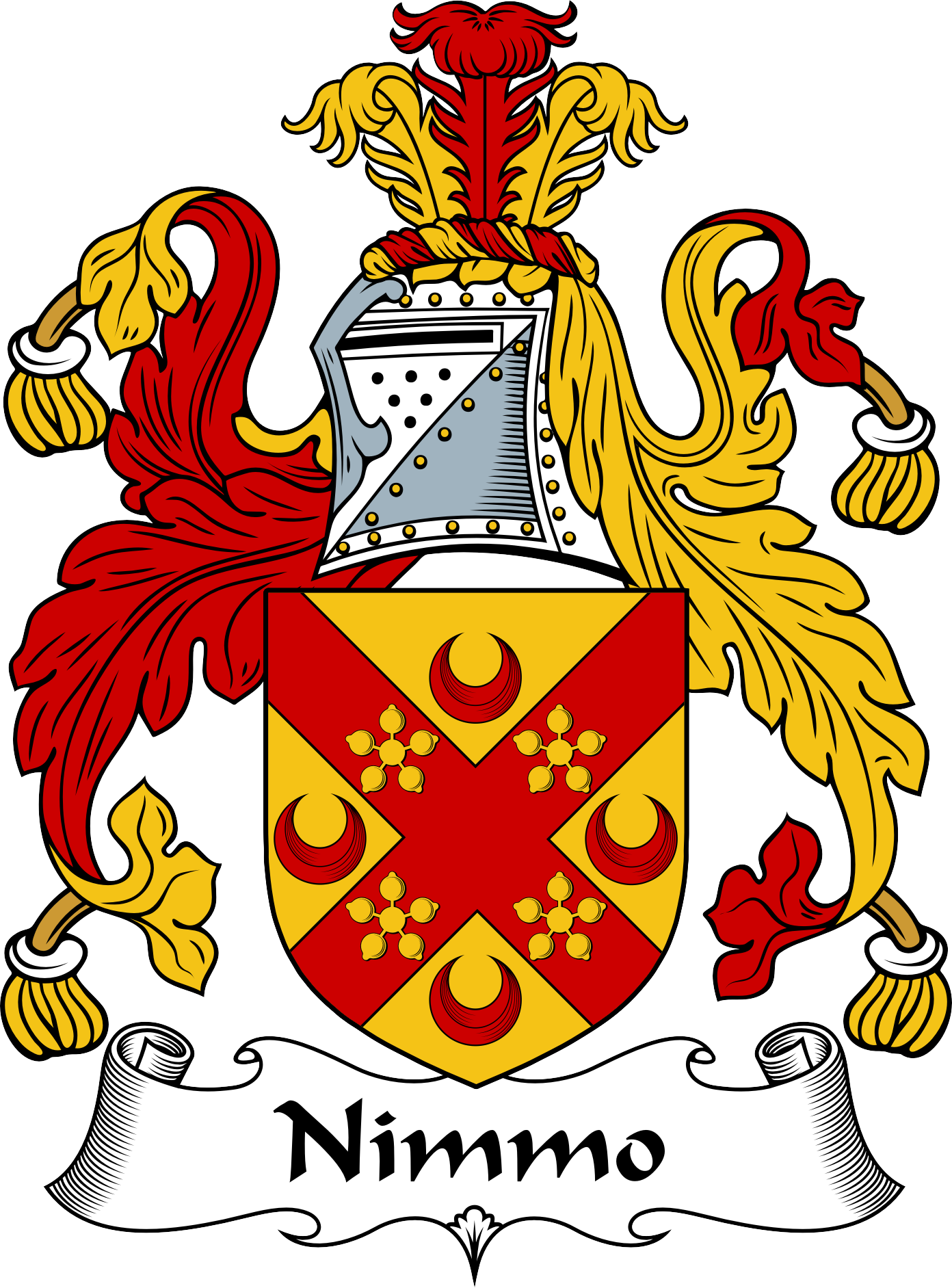Get in touch
Reorganize Your Debt with Chapter 13 Bankruptcy
Ch 13 Bankruptcy
What We Do
Structured Debt Repayment with Chapter 13
If you’re struggling to keep up with debt but want to retain assets like your home or car, Chapter 13 bankruptcy offers a structured repayment plan. Rabin Nimmo Law helps Nashville clients create manageable repayment plans and regain control of their finances.
Why Choose Us for Chapter 13 Bankruptcy
- Strategic Planning: We help you craft a repayment plan tailored to your situation.
- Asset Protection: Chapter 13 allows you to keep important assets while managing debt.
- Experienced Representation: We ensure you meet all court requirements and deadlines.
Ways We Help You
01
Customized Repayment Plans
We design a plan that fits your income and priorities.
02
Court Representation
We represent you at hearings and ensure compliance with legal requirements.
03
Debt Management
We help consolidate debts into a single monthly payment, making repayment simpler.
Common Questions About Chapter 13 Bankruptcy
How does Chapter 13 bankruptcy work?
Chapter 13 involves creating a repayment plan to pay off some or all of your debts over 3-5 years. This plan is based on your income, expenses, and the types of debts you owe. At the end of the repayment period, any remaining eligible debts may be discharged. A Nashville bankruptcy lawyer can guide you through the process and help create a plan that works for you.
Can I keep my house in Chapter 13 bankruptcy?
Yes, Chapter 13 is specifically designed to help individuals retain significant assets like a home or car. By including missed mortgage or loan payments in the repayment plan, you can catch up on overdue amounts and avoid foreclosure.
What debts are included in a Chapter 13 repayment plan?
Priority debts, like taxes and child support, must be paid in full during the repayment period. Secured debts, such as mortgages and car loans, are often paid through the plan to catch up on missed payments. Unsecured debts, like credit cards, may be partially repaid, with remaining balances potentially discharged at the end of the plan.
